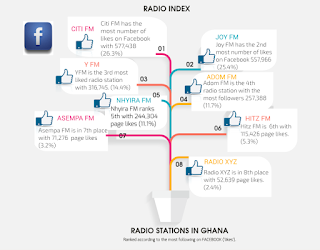The Internet of
Things (IoT) has the ability to transform the lives of citizens, providing
tangible solutions to many of society’s ills. That said, partnerships between
the public and private sector will be key in ensuring that these are fully
realised.
“It is important to understand that IoT is not a technology, but rather an
ecosystem of connected ‘things’ that can only be enabled through partnerships
among industry players,” says George Kalebaila, senior research manager at IDC
Sub-Saharan Africa.
“What is lacking in South Africa and many other regions, is an overarching
platform where everything can plug into bringing about a seamless coexistence
and exchange of data to enable some of the key advantages and benefits of IoT.”
IoT applications in retail, transportation, manufacturing and utilities will
offer the greatest growth opportunity as enterprises seek to streamline
operations and improve customer experience. The retail sector in many ways
opens up the opportunity to illustrate the potential and benefits of having a
central agnostic network platform, where everything can plug in. For example,
if we look at the modern household, it requires basic needs such as; bread,
milk, sugar, and more than likely, medication. If we have an interconnected IoT
platform, that retail and other industries would plug into such a platform that
collected data to one central place were to be available, smart homes would be
able to connect to the nearest and customer preferred stores, as well as inform
logistics companies of the deliveries that need to be made, while in the
process sending data to other sectors involved in providing a 3600 service to
consumers. Once the overarching platform is in place, for example, linking
retail to smart homes, the opportunities are endless.
“If you look at Rwanda, for example, they have realised that for them to
enable a smart city, they need a platform that everything can plug into. They
have already started putting those building blocks in place so that their
transport, health and education systems plug into the same platform to exchange
data, where possible, to enable end-to-end solutions,” says Kalebaila.
He adds that while the possibilities enabled by technology are limitless, it
will be crucial for the public and private sector to work together. “The
responsibility to develop such platforms lies with both government and the
private sector to work hand in hand. The private sector has the technical
expertise as well ability to raise the required investment while the government
needs to react faster to such technological advancements by creating an
enabling policy framework to regulate and provide direction.”
With one central platform available for IoT, sectors such as health would
benefit drastically, addressing some of the country’s social challenges.
“Furthermore, areas that provide the most jobs in the country such as retail,
transportation, manufacturing and utilities will grow, contributing to the
economy,” Kalebaila concludes.



